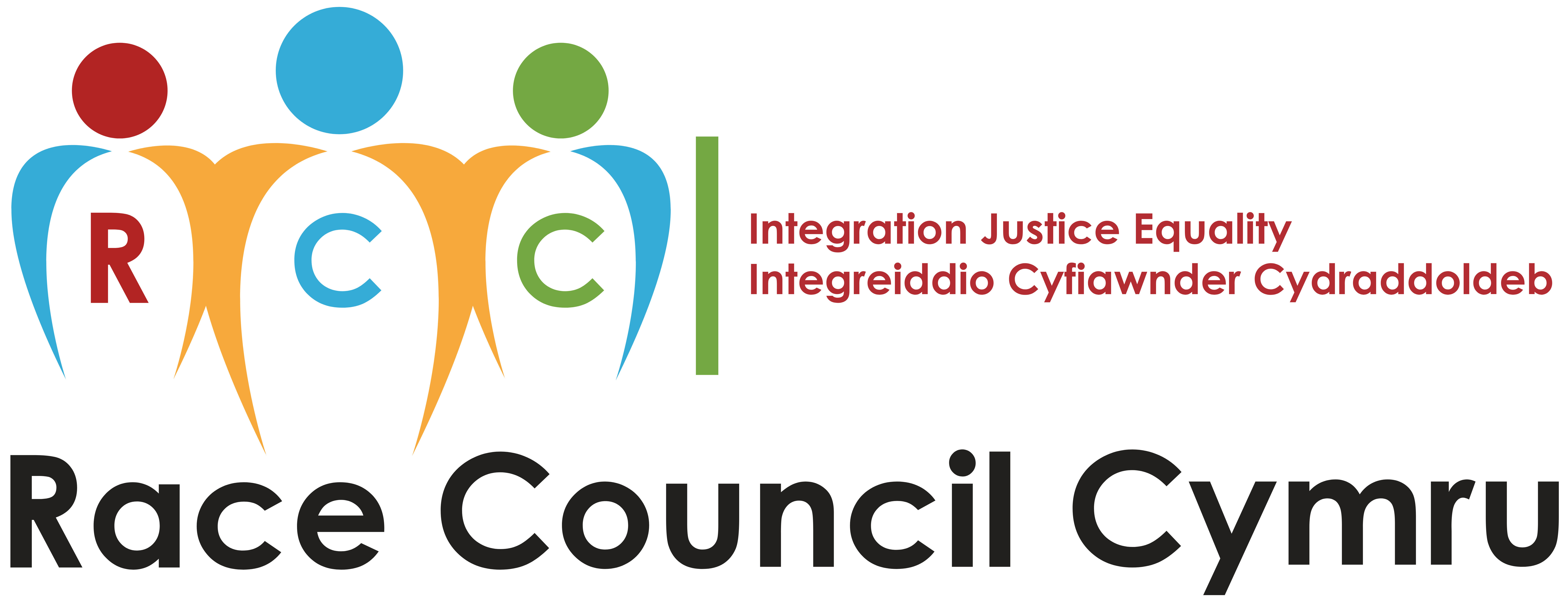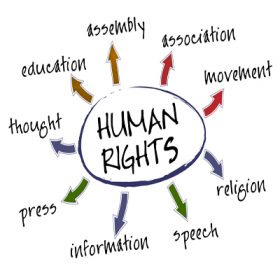Know Your Rights

Yes. The Equality Act 2010 says you cannot be discriminated against because of your race, colour, nationality or citizenship, or your ethnic or national background.
How will I know if I have been discriminated against?
Most cases involve what is called direct racial discrimination. Direct racial discrimination takes place if you are treated less favourably than someone from a different ethnic background would be in your situation. It includes treatment that could lead to racial segregation.
The law also protects anyone who is victimised for bringing a complaint of racial discrimination, or for backing someone else’s complaint.
For example, if a white employee who has given evidence in an Asian colleague’s racial discrimination case against the company is penalised in any way, he/she may have a case of victimisation against his/her employer.
Racial discrimination can also take place indirectly. This happens if you or people from your racial group cannot meet a rule or condition that seems to apply equally to everyone.
You have to be able to show that the rule puts you or people from your racial group at a disadvantage. If the rule cannot be justified, it will be indirectly discriminatory.
Does the law cover racial prejudice?
The law protects you against racial discrimination, not against prejudice, which means pre-judging people, or racism, which is the belief that some racial groups are superior to others.
The law is concerned with people’s actions, and the effects of their actions, not with their opinions. You do not have to show that someone intended to discriminate against you, just that the effect of their actions was that you were treated less favourably.
Does the law give complete protection?
The law protects you against racial discrimination in most circumstances.
For example:
When you are looking for a place to live
When you apply for benefitsAt work
At school or college
When you are looking for a job
When you get medical treatment
When you go to a pub or restaurant
When you open a bank account
If you are stopped by the police If
you get a parking ticket
Public services have a duty to promote race equality
Most public services, including schools, colleges and universities, have a legal duty to promote race equality. They have to tackle racial discrimination, and encourage equal opportunities and good relations between people from diverse backgrounds. You can request a copy of their strategic equality plan or policy, where they explain how they will meet their legislative duties.
Public Authorities have to make sure their services are fair and open to everyone in the communities they serve – and that everyone knows about them.
They have to consult you about their strategic equality objectives, policies and plans, and check regularly that their activities are not having a negative effect on people from some ethnic groups.
For example, your local council cannot decide to close down a school without looking carefully at how this will affect everyone in the community and discussing their proposals widely.
Public authorities have to be able to show that their employment practices are fair and that they are a good employer to work for.
Public authorities have to publish reports about what they have done to meet their legal duty.
If you think a public authority is not meeting its legal duty, you should contact the Equality and Human Rights Commission (EHRC).
Public services have a duty to promote race equality
It also protects you from racial discrimination in areas such as law enforcement and regulation, which used to be exempt until 2001.
For example:
An Asian business whose accounts are investigated more often by tax inspectors – and in greater detail – because all Asian businesses are considered to be ‘dishonest’ will be able to bring a case of direct discrimination.
A person who is regularly stopped by the police for no good reason after giving a statement in support of a friend’s complaint of racial discrimination against the police can bring a case of victimisation against the police.
If a local medical practice refuses to accept tenants from a nearby housing estate as patients, and most of the tenants on the estate are from ethnic minority backgrounds, this could be indirectly discriminatory – unless the medical practice can give good reasons for its policy.
What about immigration?
You are fully protected if immigration officers discriminate against you when they are searching or arresting people for immigration offences.
The law prohibits immigration officers from ever discriminating against people for reasons of race or colour. However, the government can sometimes authorise discrimination against some groups because of their nationality or ethnic or national origins.
Racial violence is a criminal offence. Racial abuse and harassment are illegal under both criminal and civil law.
Racial violence is a criminal offence. Racial abuse and harassment are illegal under both criminal and civil law.
If you are racially abused, harassed or victimised at work, or at school, or when you receive a service, you are protected by the Equality Act.
For example, if, as a member of staff or as a patient, you are racially abused, either by a member of staff or by a patient, and the hospital does nothing to stop it happening, then you can bring a case against the hospital.
If you are racially harassed by your neighbours, their visitors, or others in the community, you or your council can get a court order to stop the harassment.
Your landlord can also take action to get them moved.
If you are racially abused or harassed at a foot ball match, or by another customer in a shop or pub, tell the club, the owner or the store manager to do something about it, and make it clear that it is not acceptable for customers to face racism.
If you are attacked or harassed in the street or in your home, or if your property is damaged, complain to the police.
‘Racially aggravated harassment’ is a serious criminal offence. You should report any racist attack (including racist intimidation, threats, and damage to your property) to the police without delay.
Inciting people to racial hatred is against the criminal law on public order. This is a police matter and you should report any incident as soon as possible.
What can I do about the racial harassment, victimisation or discrimination?
The Equality Act gives you the right to take your case to an employment tribunal if it concerns employment, or to a county court (or sheriff court in Scotland) in all other cases.
If you think you have been harassed, victimised or discriminated against because of your race, colour, nationality or ethnic or national origins, and want to take legal action, you should act quickly – there are time limits or filing a case in a tribunal or court.
You should also use any grievance or complaints procedures available, as you may be able to get your complaint resolved to your satisfaction in this way.
The law on racial discrimination is complicated and you will need expert advice and help in preparing and presenting your case. It may also be quite costly, as you cannot get legal aid for representation at hearings at employment tribunals.
If you decide to go ahead with legal action, RCC or your local racial equality council can advise you on the strength of your case.
If you think someone else has been racially harassed, victimised or discriminated against, do something about it.
Sometimes, all it takes is a few words to get people to think again about what they are doing. In some cases, you may be able to get the problem resolved with by complaining directly to the organisation concerned. Many organisations have complaints procedures, so use them.
If you think a public, private or voluntary organisation has racially discriminatory policies or practices, you should let the EHRC and RCC know.
As the over arching body championing race equality, integration and justice in Wales, we would work supportively with such a body to improve their policies and practices where possible.
If the organisation is a public authority, it may also be failing to meet its legal duties under the Equality Act.




